The Union State Council has endorsed the development of string technologies in partnership with UST Inc
The UST Inc. EcoTechnoPark hosted an off-site meeting of the Scientific and Expert Council under the Standing Committee of the Union State. Participants gathered to discuss the prospects for introducing string transport within the framework of the Russian-Belarusian partnership.
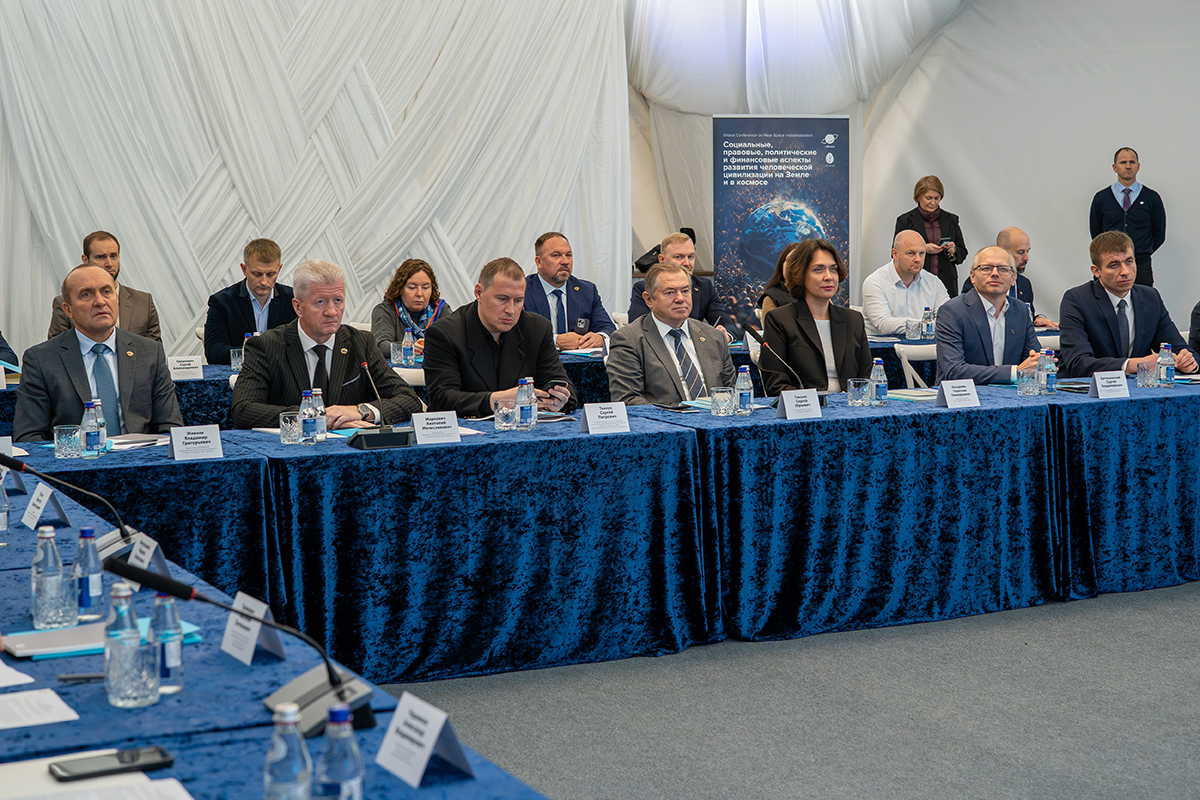
The meeting welcomed an array of distinguished guests, including Sergei Glazyev, State Secretary of the Union State; Anatoly Markevich, Head of the Representative Office of the Permanent Committee in Minsk; Viktor Kusyak, Director of the BNTU branch of the Scientific Research Polytechnic Institute; Alexander Chernikov, Deputy Chairman of the Minsk City Executive Committee; Petr Vityaz, Head of the Belarusian National Academy of Sciences; Sergey Chizhik, Academician of the Belarusian National Academy of Sciences; and Nadezhda Kosareva, General Director of UST Inc.
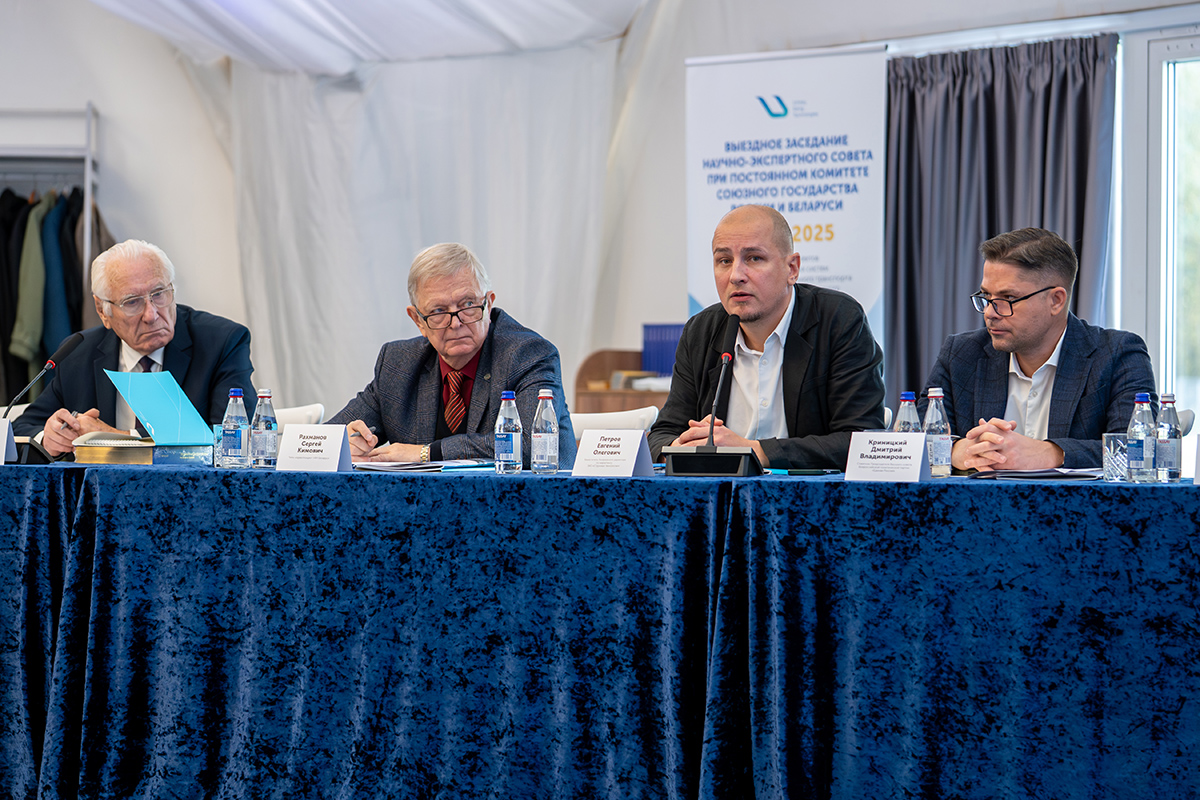
Participants discussed the potential for creating string transport lines connecting border regions and the capitals of the Union State. Experts believe that developing this technology can bolster the technological independence of both Russia and Belarus.
The General Director of UST Inc. stated, “Our solutions have proven their reliability and economic viability. Today, as the Union State emphasizes sustainable development and technological sovereignty, it is string transport that can truly provide an impetus for the integration of infrastructure between Belarus and Russia.”
The meeting participants recommended reviewing and updating issues related to expediting the certification of rail-string transport complexes. It was proposed to support the establishment and development of specialized testing centers in Belarus, as well as to consider the formation of a working group to facilitate the implementation of initiatives across the regions of Russia and Belarus. Among the promising directions within the Union State framework, the participants highlighted the Moscow–Minsk corridor, regarded as one of the priority infrastructure projects.
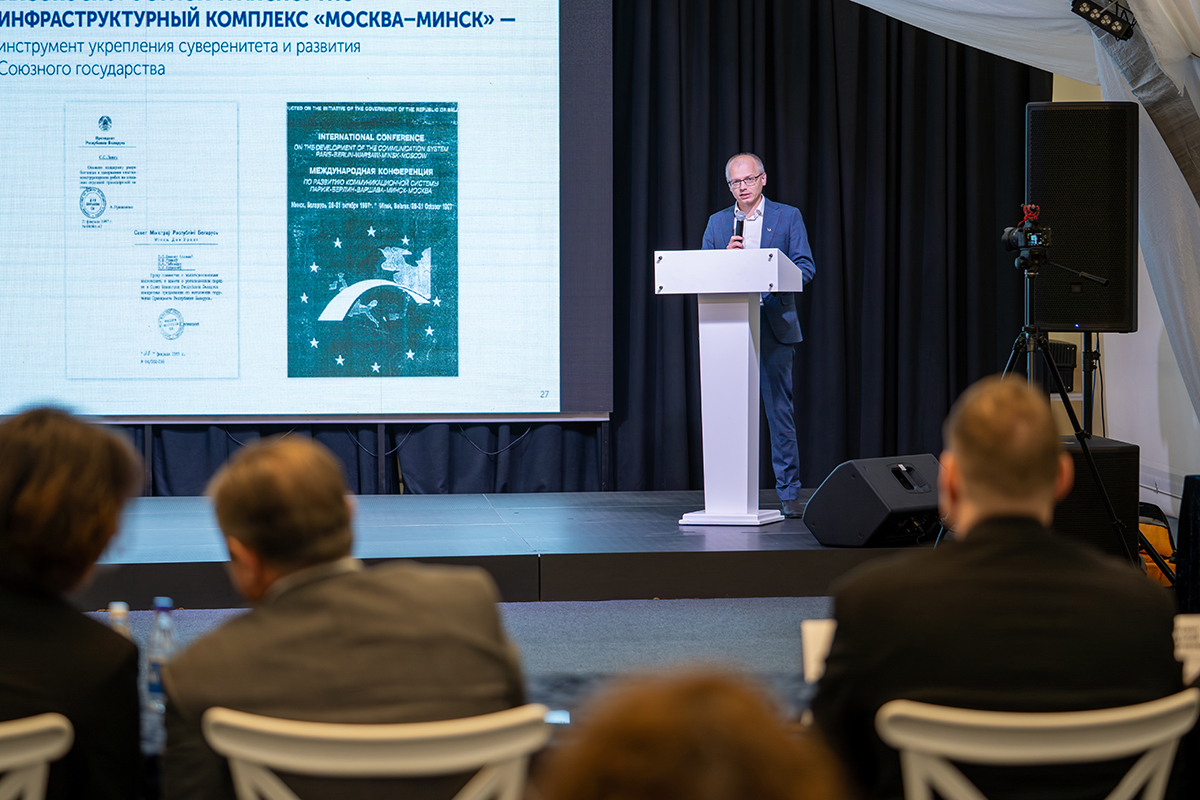
Additionally, a pilot cluster project for a linear city along the Moscow-Minsk corridor – spanning 25 to 30 kilometers – was discussed. Participants proposed creating a consortium of scientific institutes from both countries to conduct essential research in string transport and linear urbanism. This approach will effectively facilitate infrastructure projects and strengthen technological cooperation between Russia and Belarus.
More news
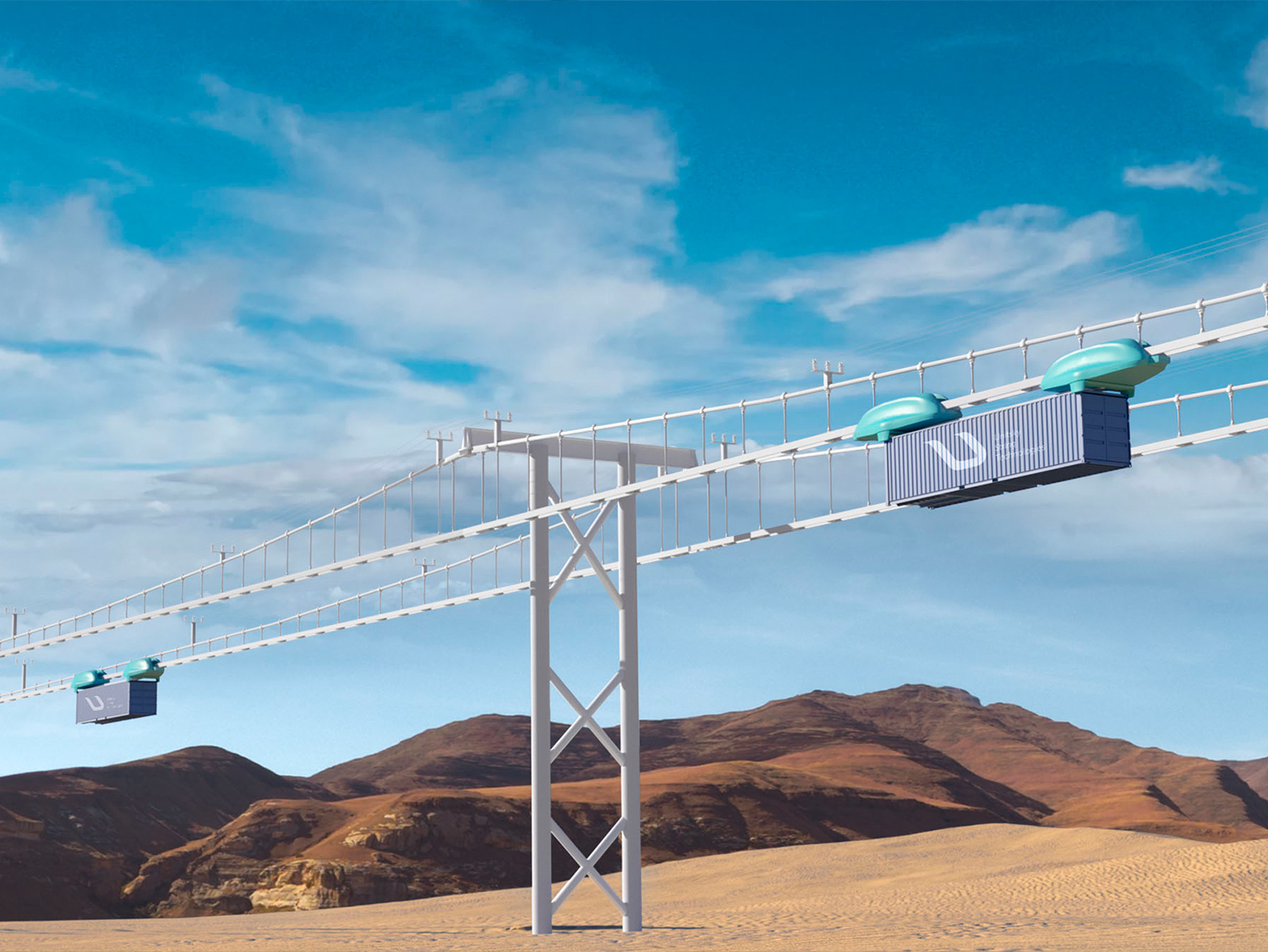
Blog
26 April 2021
UST Inc. Has Presented an Alternative Transport Solution for the Suez Canal
The Suez Canal blockage has highlighted a long-simmering problem, that logistics operators who were once only worried about the high cost of marine transportation now see that security and system failures are the most significant issues.
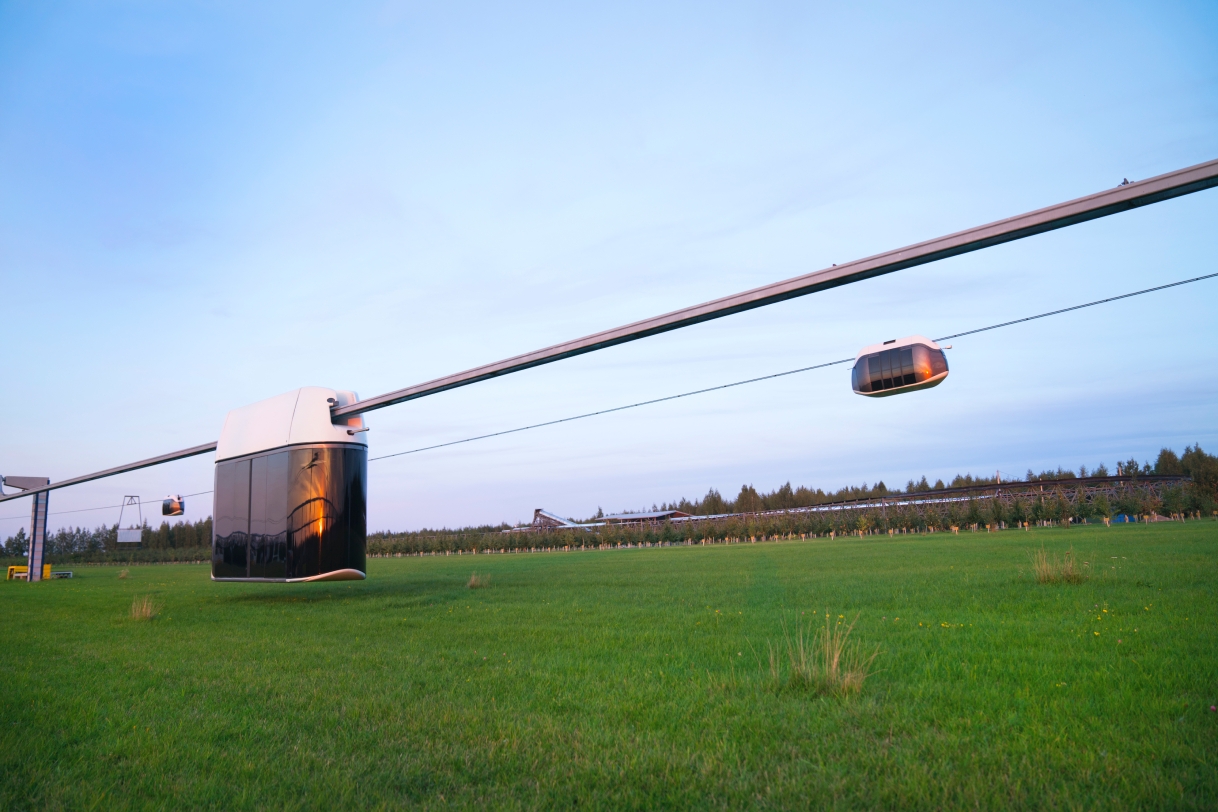
Blog
1 February 2023
Why Do the String Rail Overpass and Cableway Belong to Fundamentally Different Transport Systems?
uST Solutions are superior to the alternatives available on the modern market in terms of mobility and energy efficiency. Although uPods move on the second level, it is a mistake to compare them with cableways.
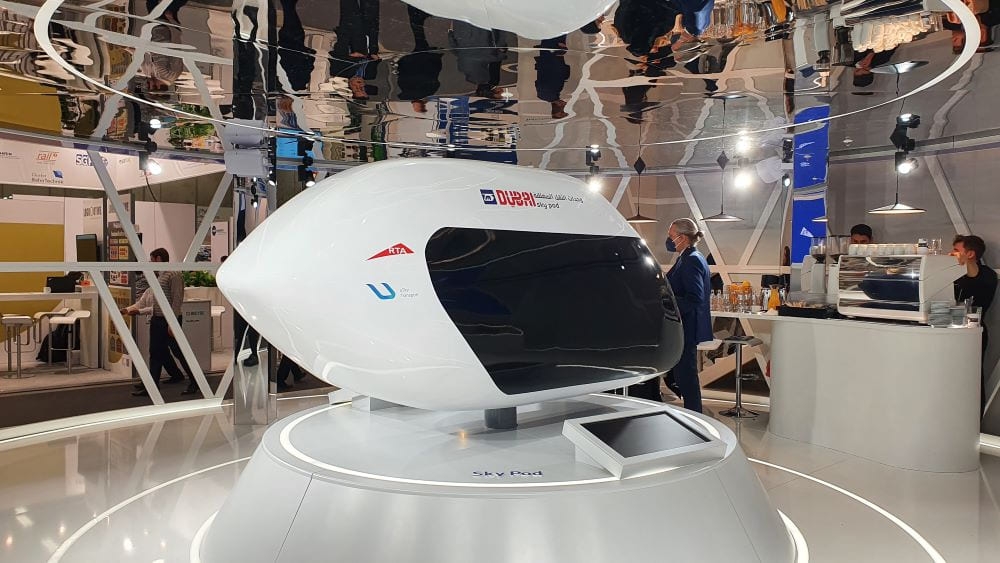
News
23 September 2022
uST Transport Is in the Center of RTA Presentation at InnoTrans 2022
The Dubai Roads and Transport Authority (RTA) presented a concept on public transport development in the city at the international exhibition InnoTrans 2022. The central place in RTA presentation was literally occupied by one of the models developed by Unitsky String Technologies Inc. – the uBike.

